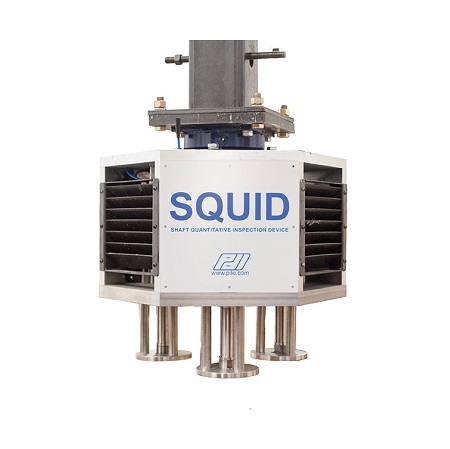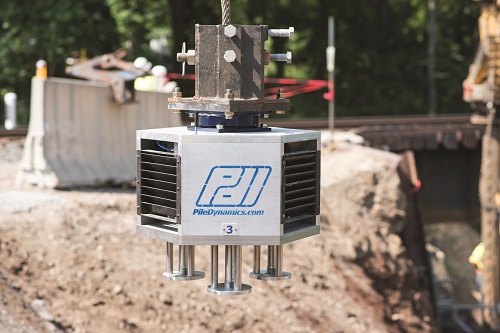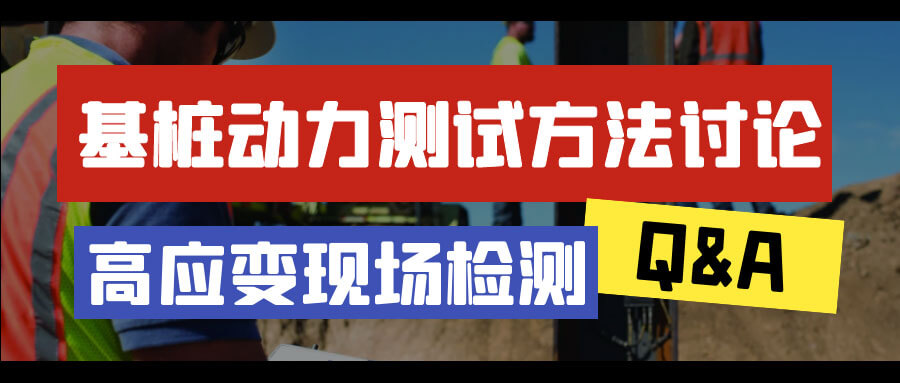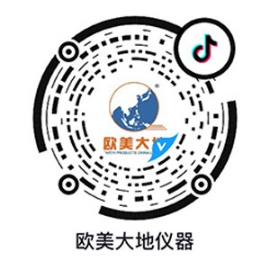Shaft Quantitative Inspection Device (SQUID)
A new technology for quantitative, real-time assessment of the cleanliness and competency of the bottom surface of bored pile or drilled shaft foundations
-
Measures both the thickness of soft material or debris that might be covering the bearing strata, providing force and displacement in numerical and graphical form
-
An objective, quantitative assessment is reported through accurate displacement and penetrometer pressure measurements, digitally processed and sent wirelessly from the drilled location to the SQUID tablet
-
Quickly and efficiently attaches to any drill stem or Kelly bar for optimal deployment cycle time.
The Shaft Quantitative Inspection Device (SQUID) system is a new technology for quantitatively assessing the quality of the bottom surface of a bored pile or drilled shaft. It measures both the thickness of soft material or debris that may be covering the bearing strata, providing a force and displacement in numerical and graphical form.
An important part of bored pile construction is the cleaning and inspection of the bottom of the hole prior to the placement of reinforcement and concrete. To achieve cleaning once drilling is complete, a cleanout bucket is typically used to remove any material unsuitable for end bearing support. Bottom inspection is then performed, often by lowering a camera down the bore hole, a procedure that gives a rough idea of the thickness of any debris left at the bottom. To improve the inspection method, SQUID takes accurate displacement and penetrometer measurements, providing an objective, quantitative assessment.
The system includes: the SQUID Body, with a drill stem adaptor, typically three contact plates, instrumented cone penetrometers and displacement transducers; a cable reel; a wireless transmitter; and the SQUID Tablet. The penetrometers have standard 10 cm2 tip area. The penetromenter pressure is measured by resistance strain gages arranged in a Wheatstone bridge.
Basic Setup of SQUID:
1. Measuring the thickness of the bored pile
2. Produces data and graphs of the force pressure
3. Accurately inspects the displacement and provide sustained analysis of the bored pile
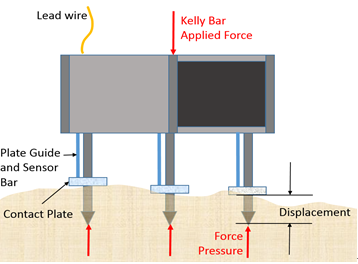
SQUID Technical Parameter
Main Body
- Size: 629x647 mm
- Weight: 188 kg
- Materials: Stainless Steel, Aluminium
- Drill Rod Size: 101.6 mm2, 152.4 mm2, 203.2 mm2
- Cable Length: 61m (Standard), up to 152 m
- Optimum Operating Temperature: 20℃ ~ 55℃
- Optimum Storing Temperature: 40℃ ~ 85℃
Probe
- Material: Stainless Steel
- No. of Probes: Three Probes
- Size: Cone area 10 cm2 (Could be replaced with cones with larger surface area)
- Maximum Pressure Endurance: 100 MPa
- Accuracy: 0.1 MPa
- Top Penetration Thickness: 150 mm
Contact Plate:
- Size: Outer Perimeter- 152 mm, Inner Perimeter- 46 mm, Thickness- 25.4 mm
- Assembled Weight: In air- 6.75 kg, In water- 5.85 kg
- Contact Pressure: In air- 4 kPa, In water- 3.5 kPa
- Displacement Accuracy: 0.0004 mm
Wireless Transmitter:
- Transmission Range: 100m
- Frequency: 2.4 GHz
- Output Power: 18dBm
- Assembling Site: Cable Hoist
- Optimum Operating Temperature: -10℃-55℃
- Optimum Storing Temperature: -20℃-70℃
Mainframe:
- Size: 320x260x68 mm
- Weight: 5 kg
- Optimum Operating Temperature: 0℃-40℃
- Optimum Storing Temperature: -20℃-65℃
- Display: 10.4 inch, Resolution 1024x768, Multi-touch
- Video Output: HDMI, VGA
- Battery duration: Four continuous working hours
- Charging duration: Six Hours
- Operating System: Windows 7
- Hard drive and ports: 60GB SSD, 4 USB ports, wireless port
- Long distance operation. SQUID could be operated over long distance through internet
- Could be connected to keyboard and mouse
- One year guarantee
Download
相關(guān)標(biāo)簽
PDI,Pile Dynamics, PDI SQUID, SQUID

 Enquiry:hkmarketing@epc.com.hk
Enquiry:hkmarketing@epc.com.hk  Whatsapp Enquiry: +85261990717
Whatsapp Enquiry: +85261990717

